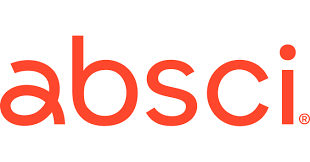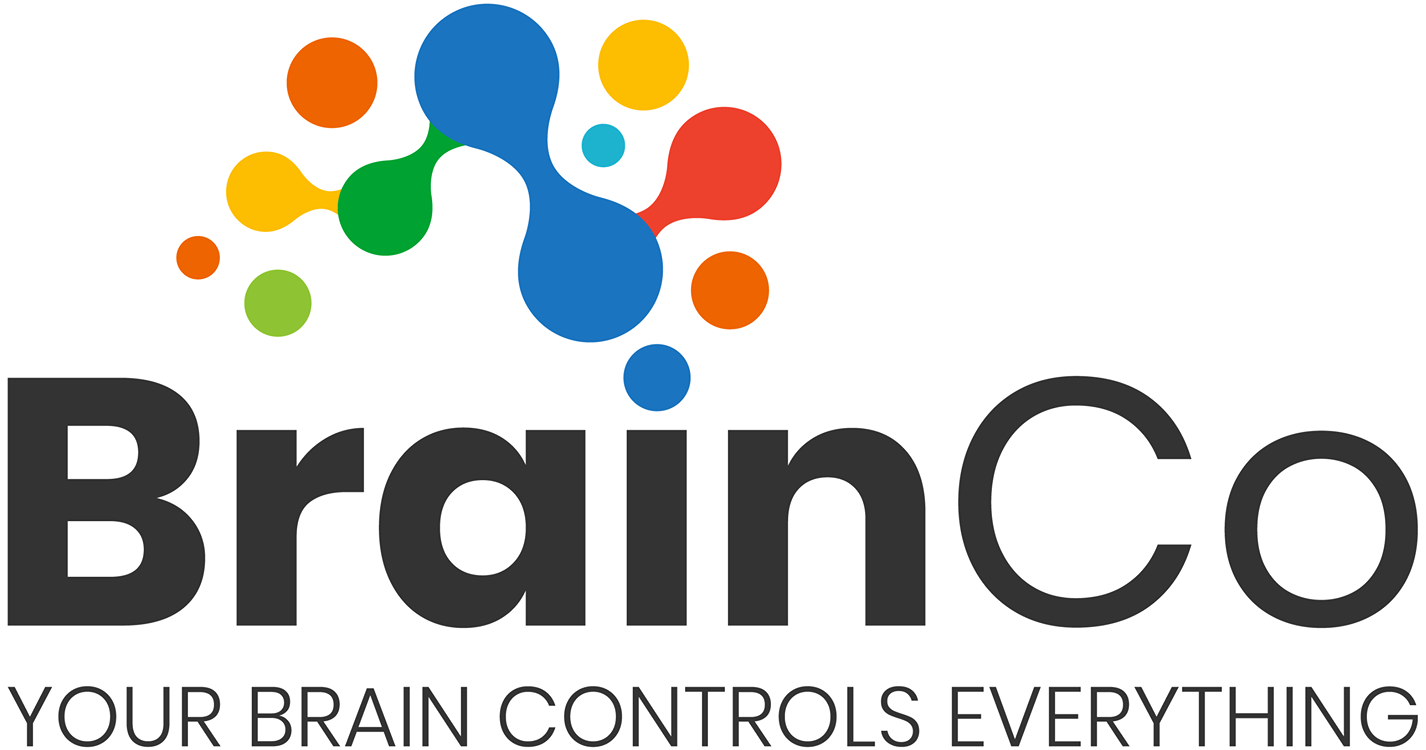





























Increased website load speed by 40% through optimizing backend processes and implementing lazy loading techniques
Developed and deployed 15+ RESTful APIs, resulting in a 25% improvement in data retrieval efficiency
Implemented robust security measures including OAuth 2.0 and JWT for enhanced application protection
Lena developed a real-time inventory management system for a large e-commerce platform. The system integrated with multiple warehouses and utilized websockets for instant updates. This project resulted in a 30% reduction in overselling incidents and improved overall customer satisfaction.
Reduced database query times by 60% through index optimization and query refactoring
Implemented automated testing suite, increasing code coverage from 45% to 90% and reducing bug reports by 35%
Mentored junior developers in agile methodologies and best practices for full stack development
Jamal created a mobile-responsive web application for a healthcare provider to manage patient appointments. The app featured real-time notifications and integrated with existing hospital systems. It led to a 50% reduction in scheduling conflicts and improved patient communication.
Developed a microservices architecture that improved system scalability, handling a 300% increase in concurrent users
Reduced cloud infrastructure costs by 40% through optimizing resource allocation and implementing serverless functions
Spearheaded the adoption of Docker and Kubernetes for streamlined deployment and improved application portability
Aisha led the development of a blockchain-based supply chain tracking system for a multinational corporation. The system provided end-to-end visibility of products from manufacture to delivery. This project increased transparency and reduced fraud incidents by 75%.
Increased user engagement by 50% through implementing interactive data visualizations using D3.js
Reduced application boot time by 70% by optimizing asset loading and implementing code splitting
Developed and maintained comprehensive API documentation using Swagger, improving third-party integrations
Derek built a machine learning-powered recommendation engine for a streaming service. The engine analyzed user behavior and content metadata to suggest personalized content. This project resulted in a 40% increase in average viewing time and improved user retention.
Implemented CI/CD pipeline, reducing deployment time from 2 hours to 15 minutes and increasing release frequency by 200%
Optimized database performance, reducing average query time by 75% and improving overall application responsiveness
Led the migration from monolithic architecture to microservices, improving system modularity and scalability
Natalie developed a progressive web app for a fitness company that worked offline and synced data when online. The app tracked workouts, provided personalized plans, and integrated with wearable devices. It resulted in a 60% increase in user engagement and became the company’s primary digital platform.
With our extensive candidate network and dynamic team search approach, Redfish recruiters can greatly reduce your time to hire compared to in-house hiring processes.
Redfish recruiters handle every step of the process, including finding talent, screening candidates, scheduling interviews, conducting reference checks, and negotiating the offer, freeing up your in-house HR staff to focus on their other responsibilities.
We form the same in-depth relationships with clients that we establish with candidates, taking the time to fully understand your company and needs and giving each client a single point of contact for all communications.
We understand the roles we recruit for inside and out, whether that’s the technical jargon familiar to engineers and programmers or the skills that make an exceptional sales or marketing hire. When we send along a candidate, you can trust they have what it takes to excel.
With 20+ years in the recruiting industry, Redfish Technology has built an extensive network of connections and candidates, and our reputation precedes us. We’re a recruiting firm top talent wants to work with, giving you access to better talent than you’ll find from other services.



A Full Stack Developer should be proficient in both front-end and back-end languages. Typically, this includes HTML, CSS, and JavaScript for the front-end, and languages like Python, Java, Ruby, or PHP for the back-end. Knowledge of SQL for database management is also crucial.
Experience with frameworks and libraries is very important. For front-end, knowledge of React, Angular, or Vue.js is valuable. For back-end, familiarity with frameworks like Express.js (Node.js), Django (Python), or Ruby on Rails is beneficial. The specific frameworks may vary based on your tech stack.
Yes, a Full Stack Developer should have experience with both relational databases (like MySQL or PostgreSQL) and NoSQL databases (like MongoDB). They should be able to design database schemas, write efficient queries, and understand database optimization techniques.
DevOps skills are increasingly important for Full Stack Developers. They should be familiar with version control systems (like Git), CI/CD pipelines, and containerization technologies (like Docker). Knowledge of cloud platforms like AWS, Azure, or Google Cloud is also valuable.
While Full Stack Developers aren’t typically expected to be expert designers, they should have a good understanding of UI/UX principles. They should be able to implement responsive designs and have an eye for user-friendly interfaces. Proficiency with CSS and possibly a CSS preprocessor like Sass is important.
You can assess problem-solving skills through coding challenges or technical interviews. Present the candidate with real-world scenarios they might encounter and ask them to explain their approach. Look for candidates who can break down complex problems, consider different solutions, and explain their reasoning clearly.
Yes, experience with API development is crucial for a Full Stack Developer. They should be comfortable creating RESTful APIs, understanding API security best practices, and potentially working with GraphQL. They should also be able to integrate third-party APIs into applications.
It’s very important. The tech landscape evolves rapidly, and a good Full Stack Developer should be passionate about learning and adapting to new technologies. Look for candidates who demonstrate continuous learning, whether through side projects, online courses, or contributions to open-source projects.
Key soft skills include strong communication abilities, teamwork, time management, and problem-solving. Full Stack Developers often need to collaborate with various team members and potentially communicate with non-technical stakeholders, so interpersonal skills are important.